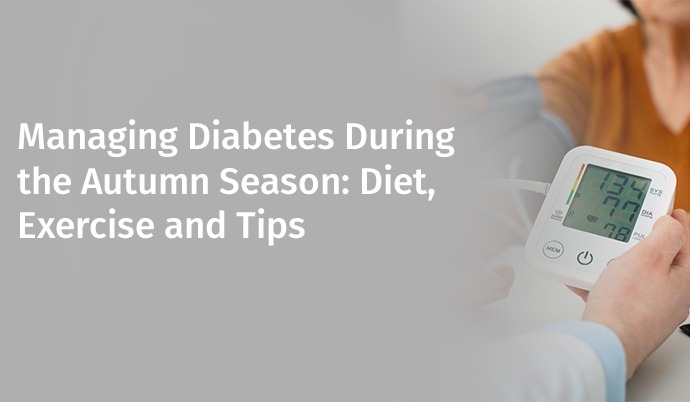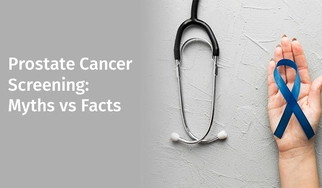
Diabetes cannot be cured, but we can empower you to prevent and manage diabetes in order to live a long and healthy life. As you prepare for the leaves to change colour, we hope this guide will empower you to navigate the autumn season with confidence, control, and wellness.
Key Takeaways: Your Autumn Diabetes Action Plan
Why Autumn Demands Special Attention for Diabetes Management
The shift from monsoon to autumn brings more than just pleasant weather; it introduces variables that can directly impact your blood sugar levels.
1. The Holiday Gauntlet
Fall is home to two of the biggest Indian festivals, Navratri and Dussehra, and, of course, Diwali. Each festival offers an array of sweets, fried items, and large hosting potential, which can create major complications with blood sugar management.
2. Cooler Weather & Reduced Activity
With cooler temperatures, outdoor activities become less desirable and people tend to be more sedentary. However, physical activity is crucial for insulin sensitivity, and when activity levels drop suddenly, blood sugar may rise.
3. Altered Habits
Holiday and social gatherings can affect your current habits of food, medication, and sleep, which are central to a stable state of diabetes control.
4. Increased Risk for Illness
Autumn signifies the beginning of flu season, and for those with diabetes, any illness can potentially create physical stress, causing the release of hormones that raise blood sugar levels and complicating your ability to fight off the infection.
Crafting Your Autumn Diabetes Diet Chart
Your plate is your first line of defense. This season offers a bounty of diabetic-friendly foods.
Effective Diabetes Exercise at Home for Cooler Days
Don't let the cooler weather stop you. Consistency is crucial.
Essential Diabetes Prevention Tips for the Season
Whether you are managing diabetes or are prediabetic, these diabetes prevention tips are vital.
Your Diabetes Management Plan at SGRH
Navigating the festive season with diabetes requires more than just general advice; it requires a personalized strategy. The Department of Endocrinology & Metabolism at Sir Ganga Ram Hospital is dedicated to providing patient-centric diabetes care.
Our expert team of endocrinologists and dietitians works with you to create a customized diabetes diet chart and exercise regimen that fits your lifestyle and helps you enjoy the autumn festivities safely and healthily. Don't let diabetes control your season—take control of your diabetes.
For a personalized consultation and a proactive management plan, book an appointment with our specialists today.
Frequently Asked Questions (FAQs)
Q1: Can I eat festive sweets like ladoos or jalebis if I have diabetes?
You can, but with extreme caution and moderation. It's best to have a very small portion, treat it as part of your total carbohydrate allowance for that meal, and ideally, check your blood sugar afterward to see how you respond.
Q2: What are some good diabetic-friendly snacks for crisp autumn evenings?
A small bowl of warm vegetable soup, a handful of roasted nuts (almonds and walnuts), roasted makhana (fox nuts), or a small portion of fruit like an apple are all excellent choices.
Q3: How often should I check my blood sugar during Diwali?
It is advisable to check your blood sugar more often than your usual routine during heavy festive days, for instance, before a large meal and then again two hours after. However, you should always follow the specific testing frequency recommended by your doctor.


.webp)

